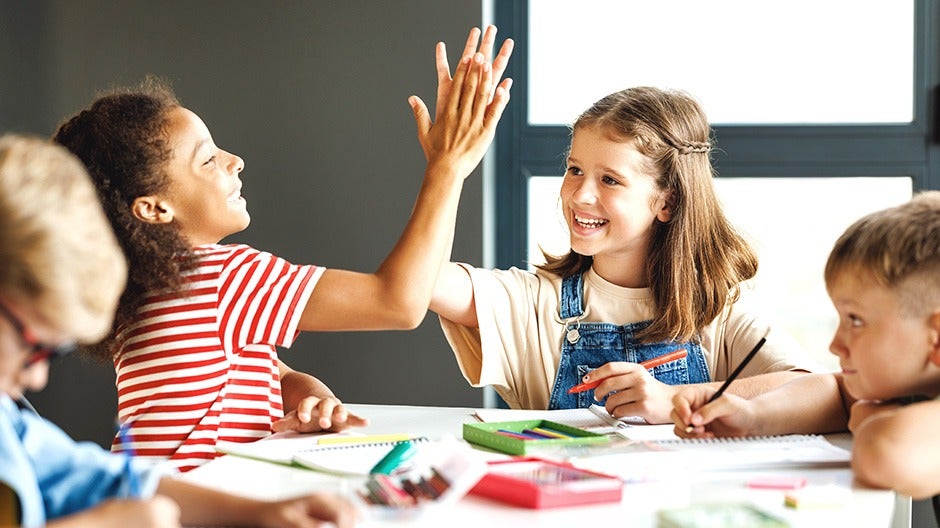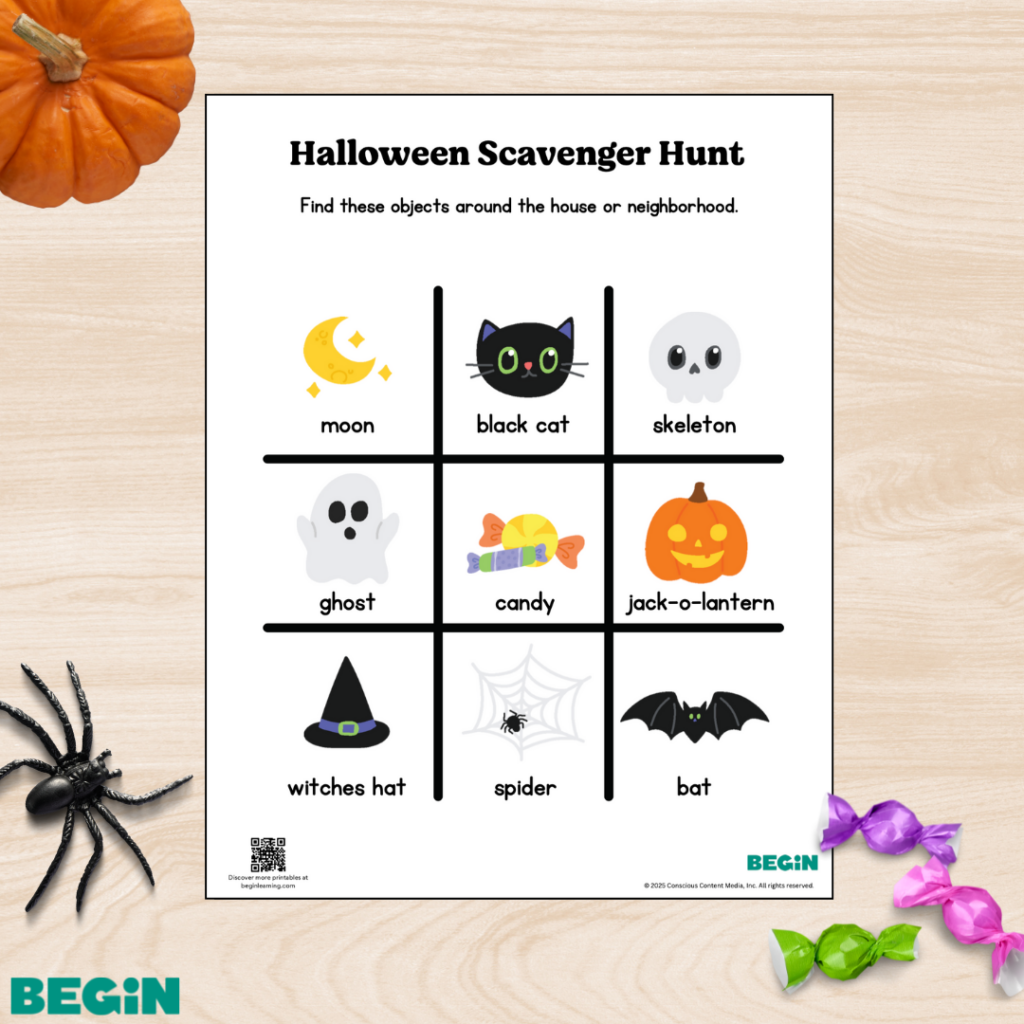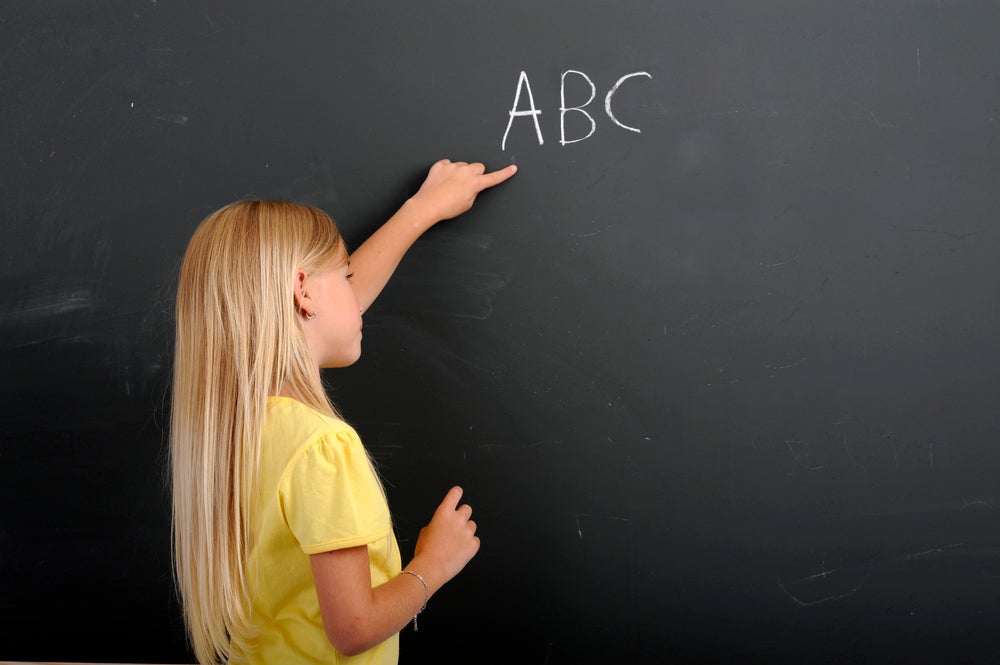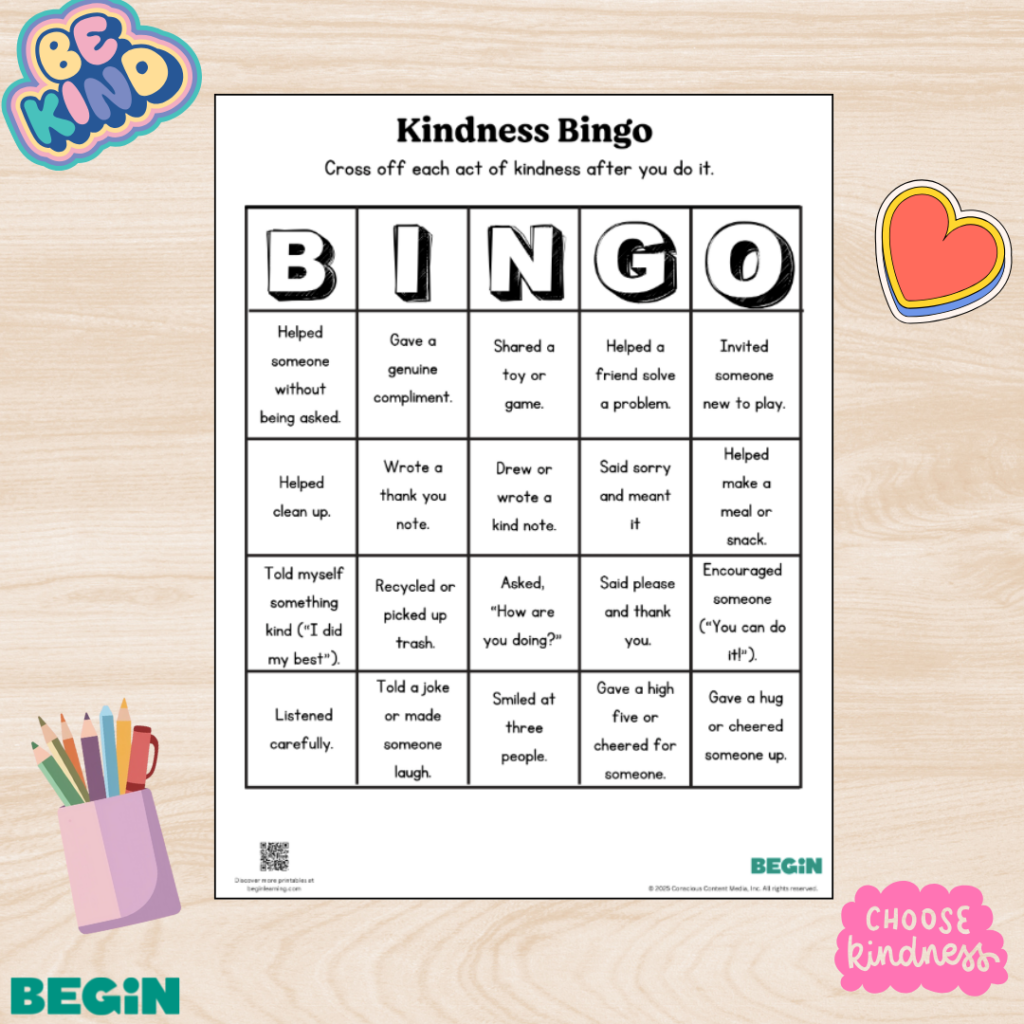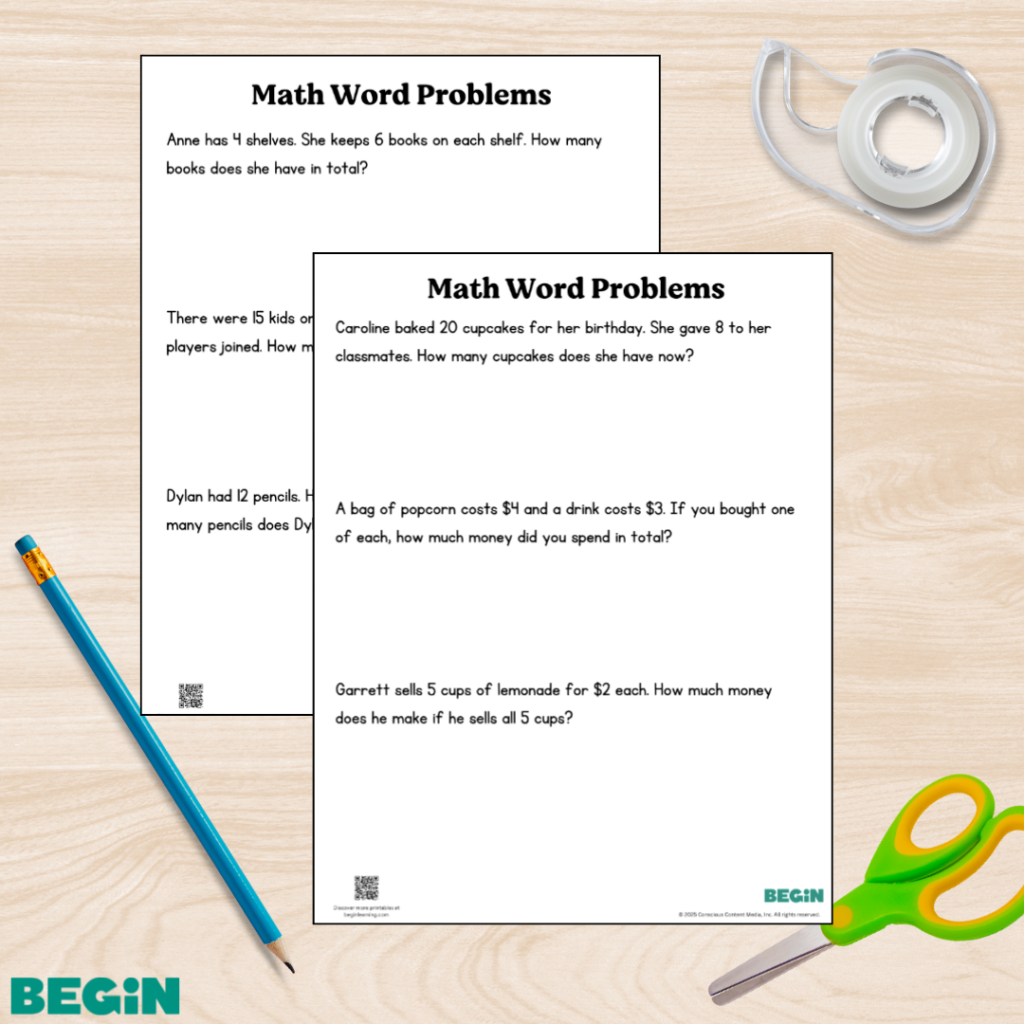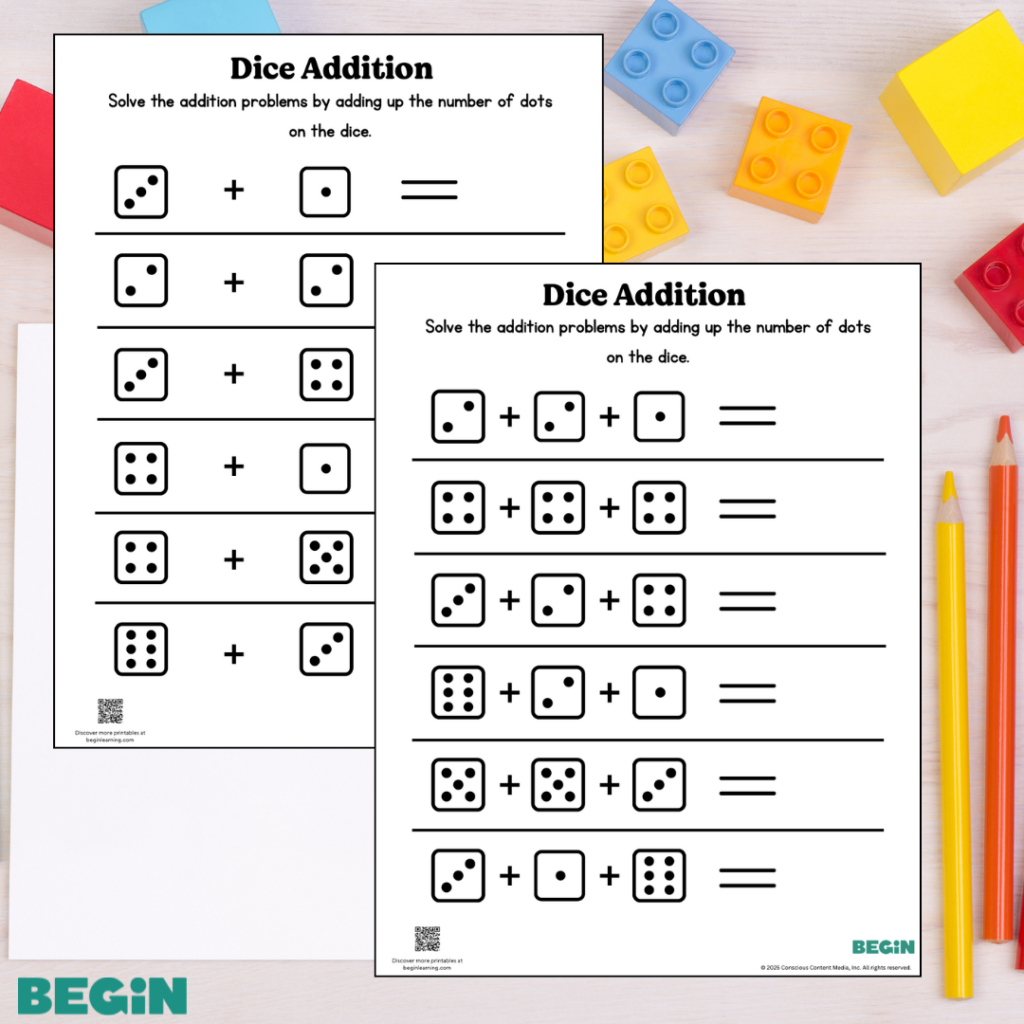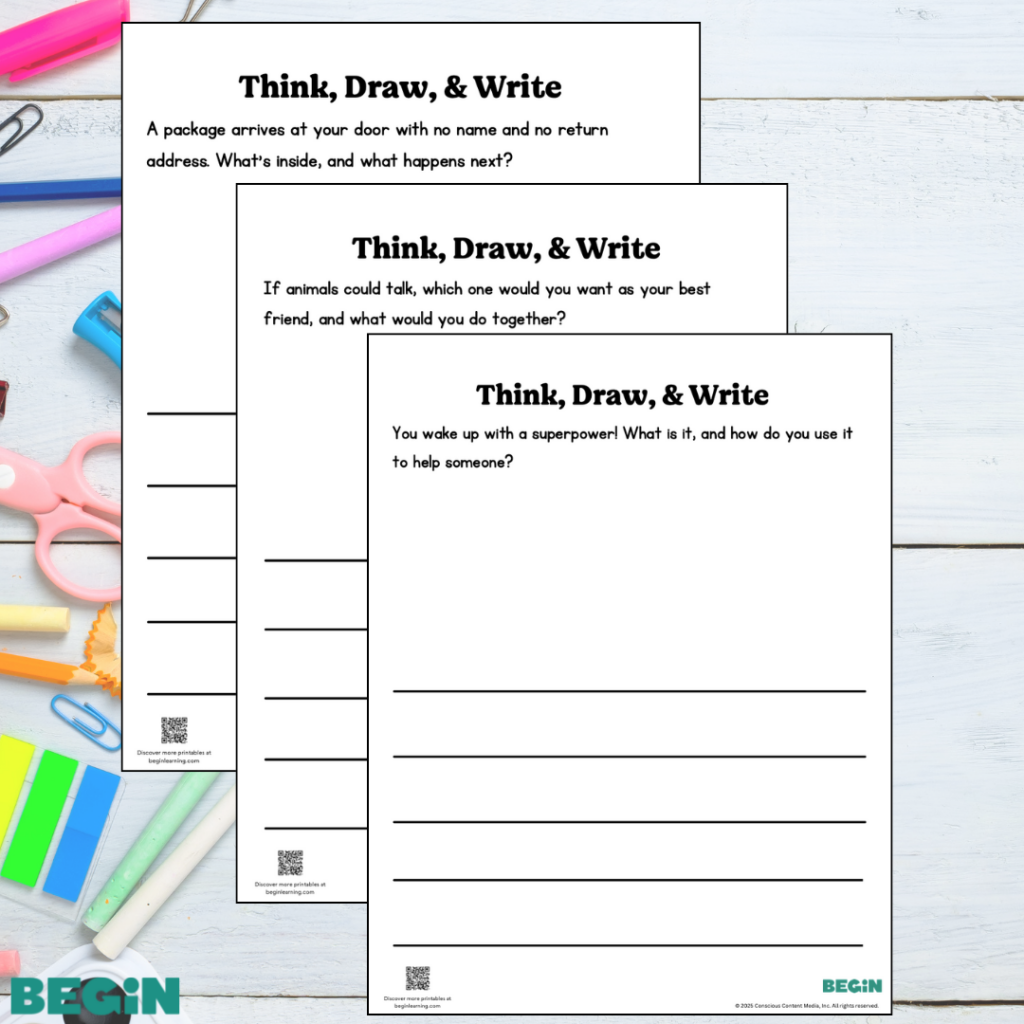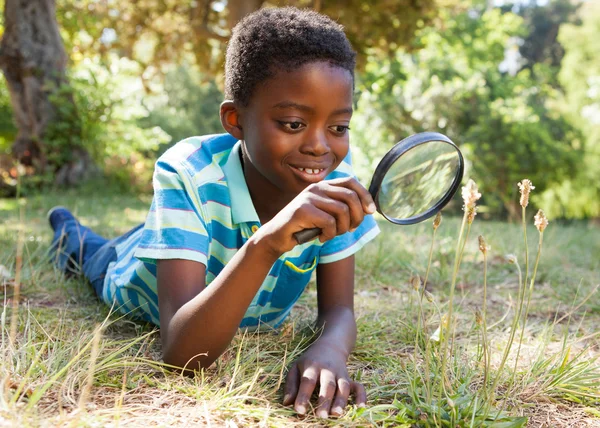Supporting our kids’ ability to make and maintain relationships is one of our most important jobs as caregivers. It’s also one of the most challenging.
Interpersonal skills like communication, sharing, and listening lay the foundation for this work, and while they may not always be intuitive to our kids, with some practice they can become second nature.
We can help you set attainable social skills goals for your child, as well as offer some tips on incorporating them into your family’s daily life.
The Short Cut
- Learning social skills is an important aspect of building Character, one of the 5 C’s at the heart of the Begin Approach
- Strengthening social skills bolsters mental health and makes facing challenges easier
- You can’t force learning social skills—if your kid won’t share or listen, just meet them where they are and take small steps from there
- Parents can help kids reach their social skills goals by finding teachable moments and practicing with intentional activities
- A social-emotional learning program like Learn with Sesame Street can help kids develop social skills and other essential aspects of Character
Look for These Socialization Milestones
Your child is on their own path when it comes to improving interpersonal skills. Where they fall on the continuum of social skills mastery is less important than their ability to make progress. But some general milestones include:
Around two years old
- Autonomy is developing
- The safety a child feels from their relationship with their caregiver allows them to venture out into the world
- Pretend play is just beginning
Around three years old
- The child is beginning to interpret emotions in both self and others
- The child is learning to control their emotions
- They may be making their first real friends
Around four years old
- Playing cooperatively begins
- The child can understand taking turns and sharing
- The child can explore the concepts of similar and different
Around five and six years old
- The child can begin to follow multi-step directions
- The child can understand praising other people and apologizing
- Navigating a group of friends is becoming easier
6 Social Skills to Focus On
1. Sharing
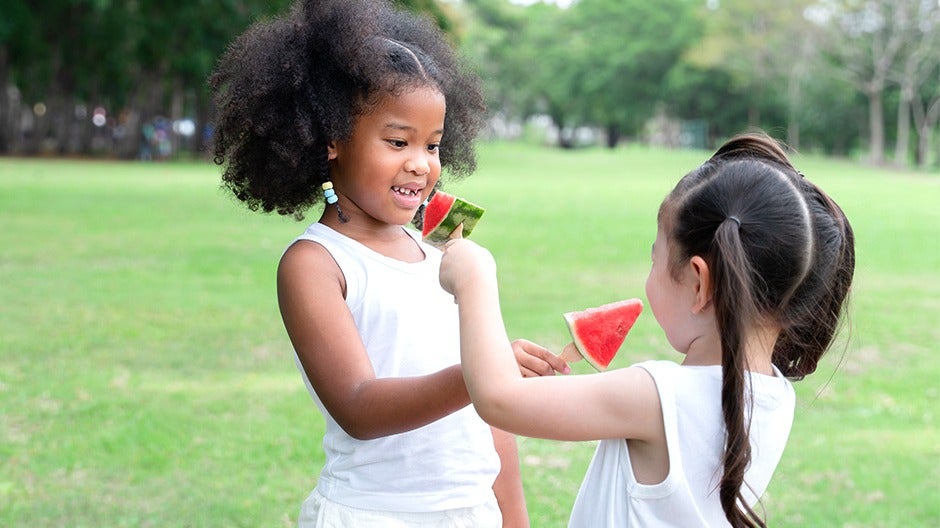
Sharing requires a kid to set aside their own desires and consider someone else’s. If you ask your child to share the last cookie on the plate with their friend, they may say no—because what if they want more?
This focus on themselves and the fear of not having enough is common. You can help your child learn to share by reassuring them there is enough to go around (in this case that you’ll make more cookies!).
This kind of promise fosters a sense of security and the space to develop sharing skills.
To help them improve, try to point out sharing when you see it, then have a conversation with your child about it. (“I bet you made your friend happy when you let them play with your fire truck. How did that make you feel?”)
If you can reinforce the notion that sharing feels good, your child’s desire to do it will grow.
2. Cooperating & Collaborating
While sharing typically revolves around objects, cooperating and working collaboratively are all about ideas, opinions, and actions.
When your child learns these more advanced skills, they’ll feel how working together enriches their own experiences. Their ideas can be bigger. Their impact can be stronger. And their relationships can grow deeper because they’re focused on a common goal.
To help kids improve this skill, talk about teamwork with your child and give them ways to practice it, like making them a part of a chore you can do together.
3. Listening
Listening isn’t just about hearing. It’s about absorbing what someone else is saying.
This is apparent in school, where your child has to make sense of their teacher’s lessons. But it’s also important in friendships.
By really listening to what their friends are saying, your child can better navigate conflict and understand what others need, helping them form deeper bonds.
Attentive listening also reinforces receptive language skills (the ability to comprehend spoken language). Receptive language skills help your child:
- Handle social interactions
- Answer questions
- Understand stories
- Comprehend what they’re reading
- Understand gestures
Reading books with your child is a fun way to work on listening skills. As you read, stop every now and then and ask your child to tell you what the story is about.
You can even get in some empathy building by asking them how the characters are feeling.
4. Following Directions
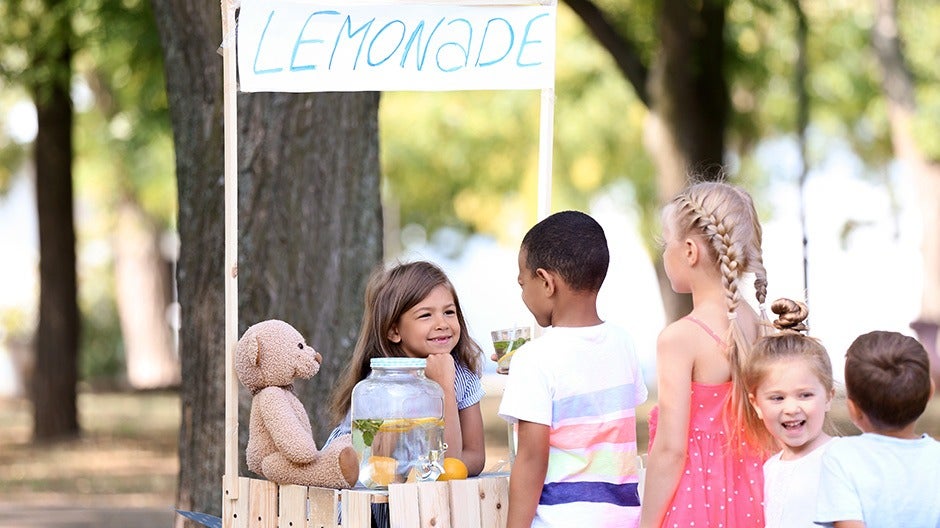
The social skill that naturally follows listening is following directions! While it’s a critical skill to practice everywhere (especially where safety is of concern), it’s especially important once your child enters school.
You can help your child improve at following directions by being intentional about the way you give them.
Offer one direction at a time so they can focus. State a direction rather than asking (“Clear your plate, please.” vs. “Would you clear your plate, please?”).
And because following directions can be confusing at first, try to be patient with your child’s mistakes and praise them when they succeed.
5. Patience
Patience touches many parts of life, from keeping friendships to completing difficult tasks. But it’s tough to learn!
If you’ve got a child who is absolutely clear about what they want RIGHT NOW, this skill will be challenging. Having empathy (and patience yourself!) will help you as you teach your child.
Some ideas for teaching patience:
- When your child asks, “Are we almost there?” (or some variation on the question), try to answer. Even if they ask a lot! Most likely, they don’t fully understand the concept of time. Giving them information makes them feel more calm and in control.
- Let your child experience waiting. It’s sometimes easier to give them a distraction (and that’s totally fine!), but when they focus on waiting, they practice cultivating patience. You’ll also be giving them space to develop their creativity!
- When your child is doing something challenging, try soothing their frustration by acknowledging the challenge, then redirecting it by offering suggestions for their next try.
6. Empathy
Empathy is at the heart of a connected, love-filled life. Once a bridge is built between people, they can imagine what others are feeling—and begin to value perspectives different from their own.
Learning how to be empathetic is an enormous task, but you can help your child walk toward it with small steps.
If you see someone looking sad, take a moment to initiate a conversation with your child. Ask some questions, like “What emotion do you see?”, “If that were you, how would you want someone to help?”, and “How could you help now?”
It can be even more effective if that person is a friend or family member, and your child can try out the ideas you come up with together.
Another way to promote your child’s empathy is by offering empathy to them directly. When they experience the feeling of being truly seen, they’re better able to return it to others.
Sometimes your child won’t show empathy (for example, toward a friend or sibling who’s upset after a squabble). Another emotion might be blocking it, such as anger or jealousy.
In those cases, you can help your child manage those blocking feelings. Talk about them. Identify them. And work with your child to find ways to move through them, like practicing mindfulness or doing breathing exercises.
7 Tips for Setting Social Skills Goals
So how do you set realistic social skills goals for your child?
In an educational setting, social skills goals are a key component of Individualized Education Plans (IEPs), which are intentional “maps” that lay out objectives, supports, accommodations, and services for kids who have learning or behavioral challenges.
IEPs are often the result of a diagnosis like being on the autism spectrum, emotional regulation challenges, speech issues, and sensory or physical impairments.
If you believe your child may fall into one of these categories, check in with your child’s doctor.
Social skills are hard to measure, but we’ve got seven tips for effective goal-setting.
1. Make Them S.M.A.R.T.
One effective method schools use is following the S.M.A.R.T. model, making sure their goals are:
- Specific
- Measurable
- Achievable
- Relevant
- Time-Limited
You can do this at home too!
2. Do What Works Best for Your Child
You know what your child’s unique strengths and challenges are. Try to be as clear as you can about what your child can do right now and then aim for small steps forward.
3. Be Specific
Give your child specific challenges. For instance, ask them to practice being patient by suggesting they wait ten more minutes while you finish gardening before you play a game with them.
Give them specific expectations too. If their friend comes over to play, remind them that part of having a friend over is sharing their toys.
4. Find Relevance
Start with the social skills that are most relevant to your child’s daily routine. They’ll have context, will make sense, and will feel meaningful.
When you focus on goals that matter to your child, they’ll be more motivated to reach them.
5. Be Realistic
Meet your child where they are and then ask them to do just a little bit more. When you set attainable expectations, they’ll feel seen and supported, which makes it easier for them to tackle new skills.
6. Demonstrate the Skills You Want Your Child to Learn
Model the skills you want your child to learn. (They’re watching more than you might think!)
It would be impossible to narrate what you’re doing all the time, but try to do it when you’re working on a skill you’re targeting (“I have lots of strawberries on my plate. I’m going to share them! Who would like one?”).
Drawing attention to the skill in action and giving your child the vocabulary connected to it reinforces what they’re learning.
7. Identify Similarities and Differences with Others
Understanding similarities and differences helps kids navigate those things in social situations. There are lots of ways to work on this at home.
For example, brainstorm with your child what they might have in common with their classmates and friends—and what might be differences.
If your child’s friend is over, engage both of them in conversation about their favorite things to do, then highlight what’s the same and what’s different.
Exploring similarities and differences like this helps set the stage for building empathy.
Social Skills through Learn with Sesame Street
Social skills are woven into just about every part of our kids’ lives. At Begin, we know the importance of giving kids the tools to build them.
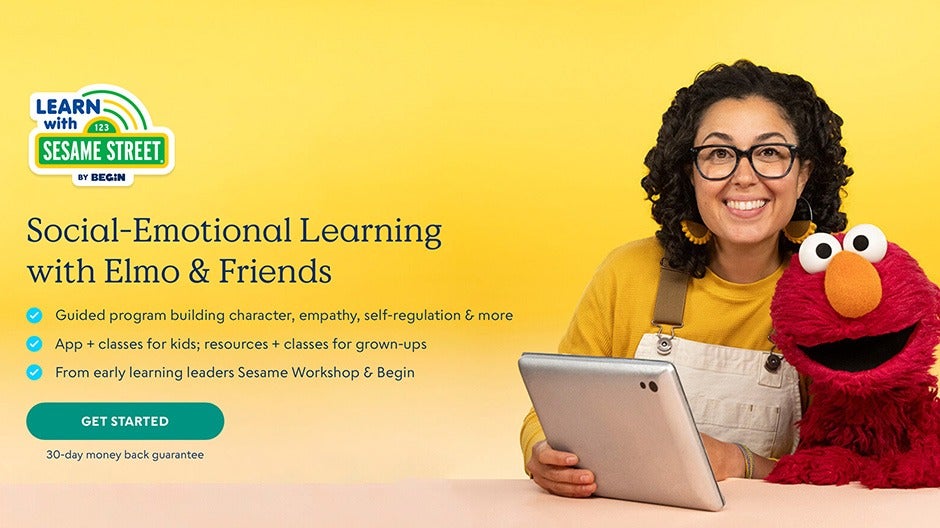
We’ve partnered with the social-emotional learning experts at Sesame Workshop to make Learn with Sesame Street, a guided program building a wide variety of important social skills, including patience, empathy, and self-regulation.
If you’re looking for help reaching social skills goals for your kids, check it out today!
